With apologies to one of my favorite public radio hosts, it’s time to do the numbers.
Yes, every year around this time I compile a bunch of information about my writing (and podcasting) finances from the past twelve months and post them online for all to see. Why? Self-indulgence? Morbid curiosity? Some deep-rooted issue with numbers that goes back to my kindergarten class when a teacher told me I was bad at math? Maybe all of the above!
Anyway, tradition means continuing to do a thing that I’ve been doing for the better part of a decade and not really questioning it, so here we are again.
This originally started out as inspired by a number of other writers; I think Jim C. Hines remains the most consistent among them, but it’s possible others are still posting them these days.
My usual disclaimer applies: this is my specific career and isn’t broadly applicable to any other freelancers in any of my industries, so don’t try to extrapolate, you’ll just drive yourself up the wall.
Also as in the past, I don’t disclose my overall dollar figures, but I will say that once again my total gross income for the past year was well under six figures. The below numbers apply only to income generated by my business, not any investments or retirement accounts, nor does it include my partner’s income.
With that said, here we go—and buckle in, because this is a bit of a long one. It was a year.
Big picture
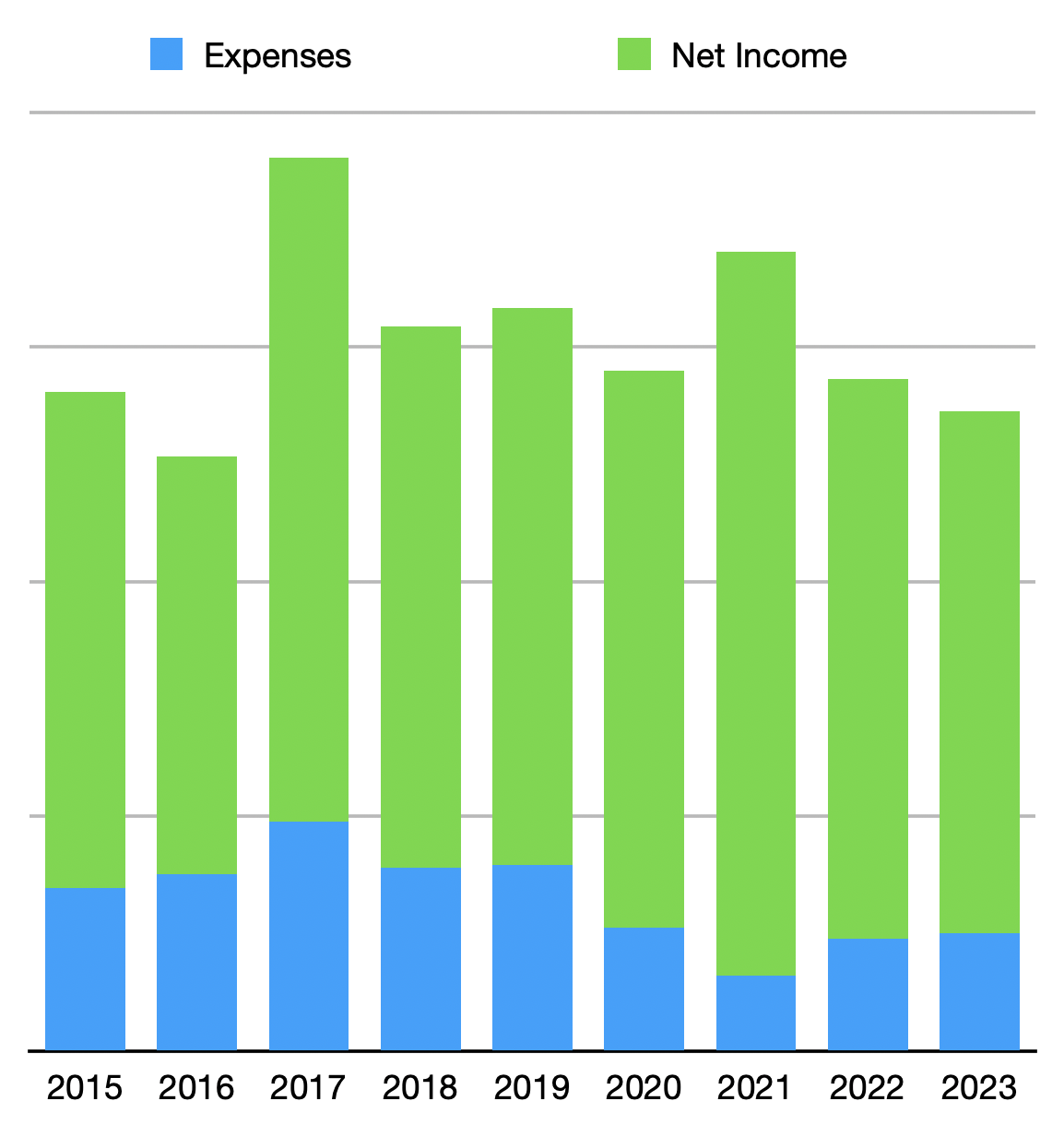
On the broad side, 2023 was another down year for me, which was a bit of a disappointment, though it wasn’t as down as 2022 was from 2021: my overall income declined 5 percent from 2022, almost all of which is attributable to a specific factor (more on which below), which may not seem great, but given that 2022 was down 16 percent from 2021, hey, not too shabby.
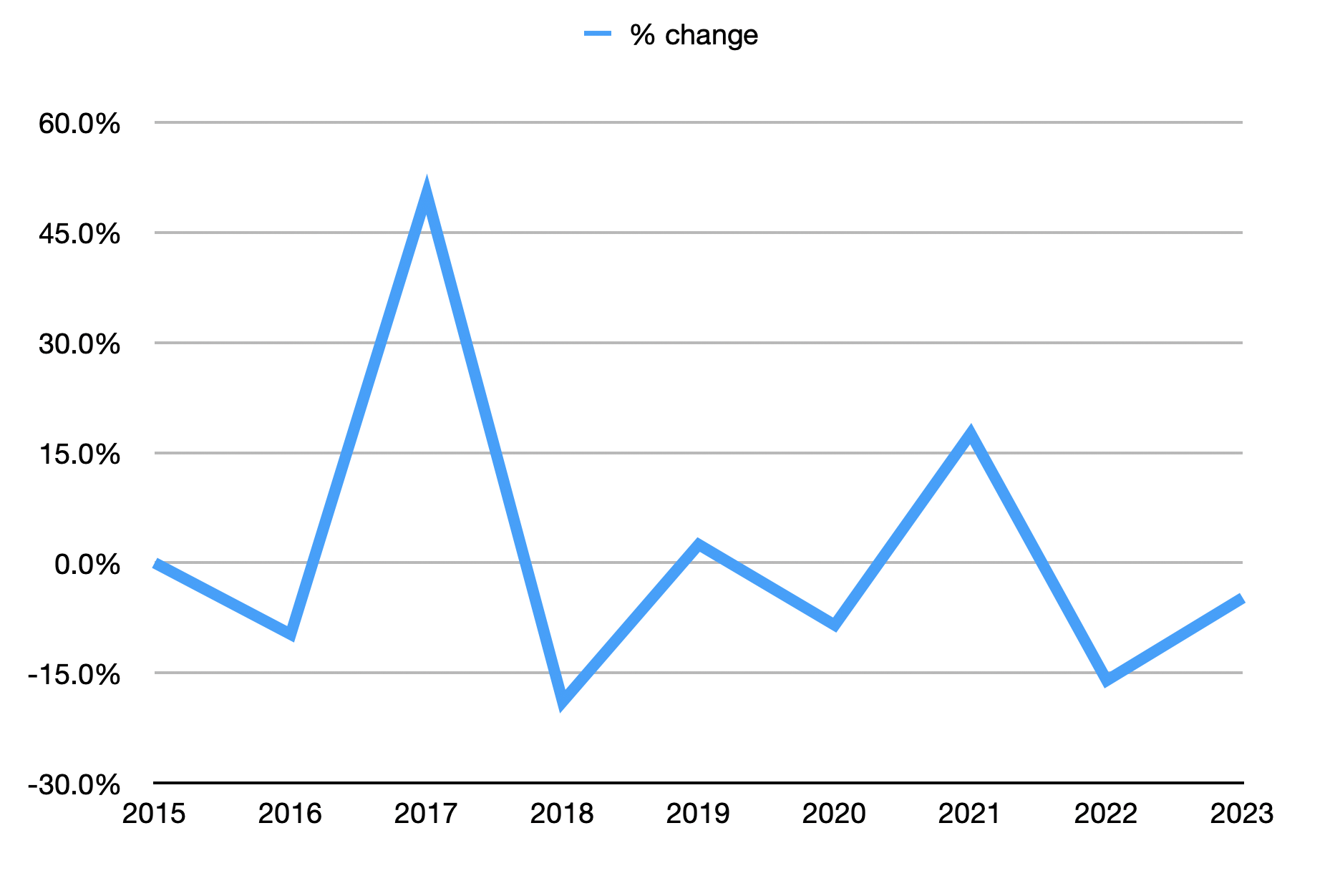
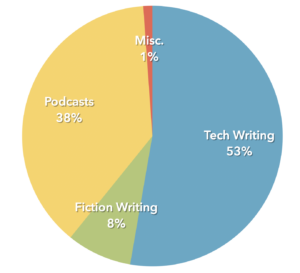
As I concluded last year, freelance life is full of big swings, and rarely seems to grow in a linear fashion (at least for me). So it’s useful, now that I’m closing in on a decade’s worth of data, to consider the big picture by establishing a baseline. 2022’s performance was only 1 percent less than my median income from the past nine years; this year was thus 6 percent below that baseline. Not great, but not terrible. Since striking out on my own in 2015, I’ve been as far as 13 percent below median and as high as 23 percent above.
The mix of income also changed a bit this year: in 2022, my podcast and freelance tech writing businesses were about even, each accounting for a little less than half my income. Not so in 2023, where tech writing jumped to 53 percent, and podcast income fell below 40 percent—more on which in a bit.
Honestly, from a qualitative standpoint, looking back at this year tells me that things could have been considerably worse than the way they ended up.
Podcasts
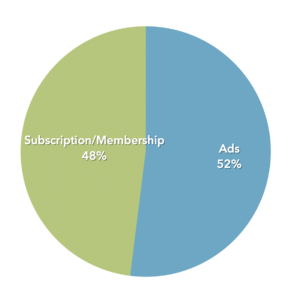
There was one big factor that contributed most to this year’s overall decline: the podcast ad market was bad. I have two shows that partially rely on advertising, Clockwise and The Rebound, and both had many episodes without ads for big chunks of the year. But this wasn’t unique to my shows; the podcast market overall was down this past year, and they certainly aren’t what they were four or five years ago. I have started to hear optimism about the year ahead, I’ll believe it when I see it.
Ads have always been a variable business, though, which is one reason that a lot of podcasts—mine included—have moved to direct member support. The good news is average monthly income from members was up, especially for Rebound Prime, which has proved to be very popular—the bad news is that it’s not up enough to compensate for the loss of advertising. But membership has become an increasingly important source of income, and if ads don’t come back, it will be even more so. So, thank you to everybody who directly supports the podcasts you listen to and love: it does make a difference. More importantly, if you’ve been waffling on whether or not to support that podcast you love, do it!
Freelancing
The interesting nature of the year doesn’t stop at podcasting! My freelance tech journalism career also underwent a little tumult this year, as one of my biggest clients cut back my regular column to bimonthly (it had previously been cut back from weekly to all-but-one-week-per-month1).
That was a bit of a hit to be sure, but it didn’t happen until halfway through the year, and thanks to a late-in-the-year freelance project for another site, and a better average monthly rate for my other major client, my tech writing income went down less than 1 percent overall.
That certainly leaves a lot of questions for next year, but I’m hoping a combination of more freelance client work and lots of interesting stuff to write about in the Apple sphere will keep that chugging along.
Fiction
Finally, on to the reason most people tune in: fiction writing. (Well, I think? I don’t really know, but it is the idea this whole thing is predicated upon.)
It was a really interesting year in my fiction writing career, for a few reasons. As I’ve mentioned in the past, fiction writing income varies widely from year to year, depending on things like new contracts signed, sub-rights sold, or advance installments paid.
Fiction accounted for a solid 8 percent of this year’s income, compared to just 3 percent in 2022—though keep in mind, as detailed above, overall income being down doesn’t make that an apples-to-apples comparison. Still, it was a good year, my third highest in the time I’ve been writing, and well above both my mean and median yearly fiction income.
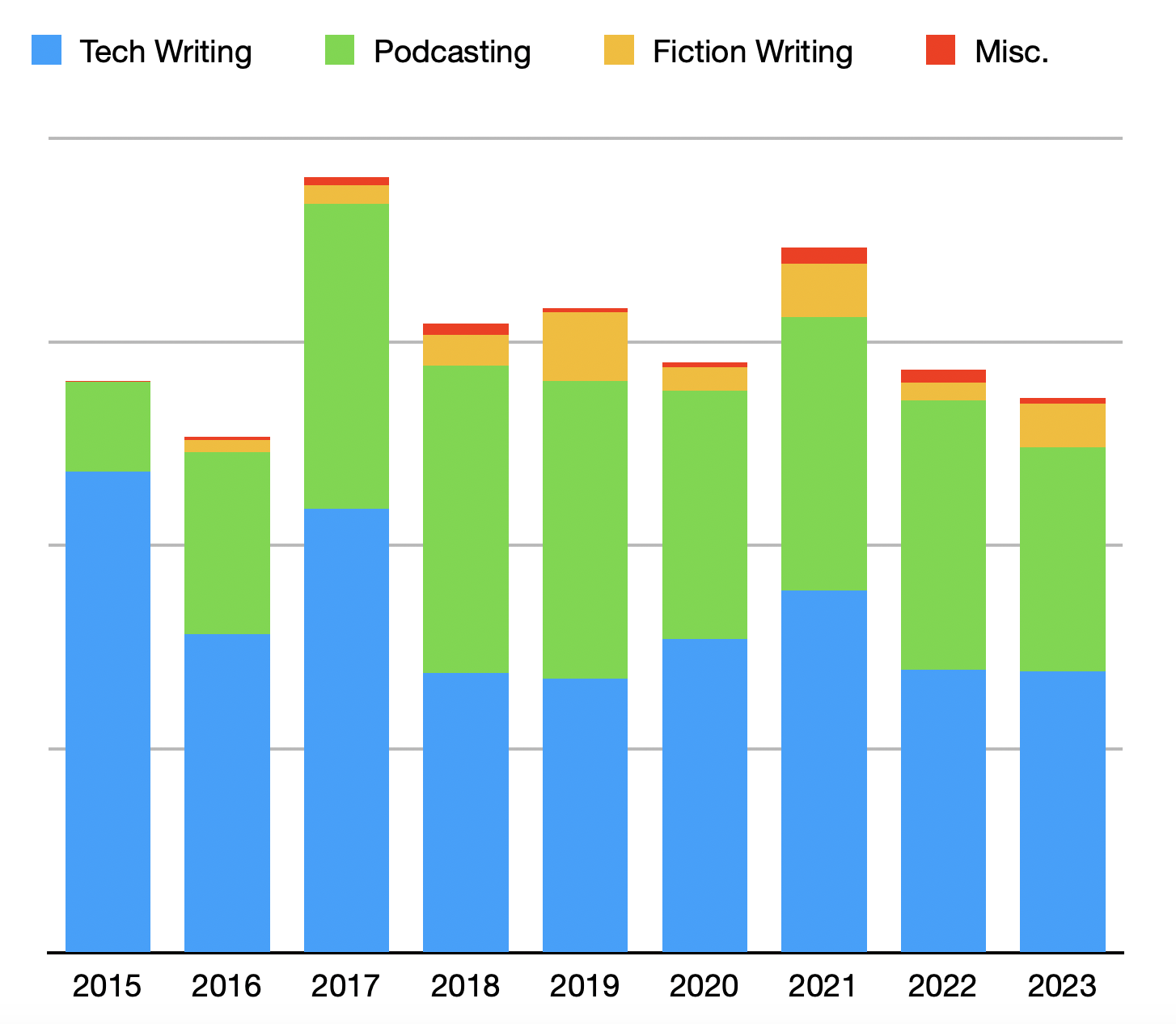
That income was driven by three predominant factors: first, I signed a new contract with my publisher for two books, including the next Galactic Cold War installment, which comes out later this year. My agent also sold the audio rights for that book, which accounted for some decent income.
Second, royalty income for my existing published books was actually pretty solid.2There’s a bit of a lag between sales and payouts and I think last year’s debut of The Nova Incident bolstered sales of previous volumes in the series. Here’s hoping this year’s sales of The Armageddon Protocol impart a similar boost! (I will note that Nova is the only of my books not to earn out its advance yet, though it’s pretty close, so if you haven’t already bought it, *bats eyelashes*…)
But wait, you might be saying, didn’t you publish another book this year? Why yes, I did! All Souls Lost is the third factor, but it’s a bit more of a mixed bag financially because it was put out under a different model than my previous work.
Since my agency published the book, it meant some upfront outlay for me: I essentially fronted money for the cover art, copyedit, and some additional costs (technically, my agency paid them then recouped said costs from my earnings). But, on the upside of this structure, I stand to make a bigger percentage of sales on the back end: around 60 percent on ebook sales, as opposed to the standard 25 percent that most traditional publishers offer.3
I also only got one payout for sales from All Souls Lost before the end of the year, and that did not include the store from which the bulk of purchases were made, Amazon. (Why? Because Amazon pays people roughly two months after sales, rather than 30 days, like most of the other ebook stores. Thanks, Jeff!) Had that payment been made, I think it would have materially bumped up my overall fiction revenue.
Interestingly, 2023 could have been an even bigger year: due to the paperwork shenanigans and the usual slowness of the business, two other substantial payments I was expecting didn’t materialize before the end of the year, but will probably show up in January.
Now, I’m sure there are those among you who wonder: Wait, if you stand to make more from this book published by your agency, why not publish all your books that way?
Well, there are a few reasons: for one, though I sell way more in ebook than in print, I admit to still having some nostalgic ties to print books. And if you want to get a print book that’s not from a traditional publisher into bookstores, it’s more complicated (but not impossible) this way.
It also certainly seems to make other things dicier: for example, All Souls Lost got zero reviews in trade publications like Publishers Weekly, Booklist, Kirkus, and so on (even despite the fact that PW gave my previous two Galactic Cold War books starred reviews).
And if making your traditionally published book stand out is hard—and I think I can say confidently that it is!—it’s even harder without a full marketing department at your back. For a little while, social media seemed poised to help authors spread the word about their work, but in the wake of Twitter’s self-destruction and subsequent fragmentation, it’s gotten that much more difficult to find your audience—not to mention the now built-in expectation that authors will flog their works on social media, which some publishers seem to feel abrogates them of any responsibility for marketing. In short: it’s tough out there for authors.
But the larger financial issue is that, as I said above, we’re talking upfront costs and then waiting to make them back on royalties. Yes, you have to earn out an advance from a traditional publisher, but at least there money is coming in before (probably) you write the book. If my agency publishes a book and it doesn’t sell (or doesn’t sell to expectations), I could easily end up losing money. In a traditional publishing model, I might not make additional money, but at least I’ve got that advance in the bank: lower potential rewards, but lower risk.4
For now, I think I’m most likely to continue with a hybrid model of doing some traditionally published books and some agency-published books. It lets me continue to diversify my income and allows me to work on different schedules.
Wrap up
So that’s 2023 in a nutshell. On to 2024! I’ve said in the past that my goal has been to steadily increase my fiction writing income, but as I wrote last year:
I think I’ve realized after six years of detailing my finances that this isn’t going to be a linear sort of affair. Some years are up, some years are down, just as with my overall freelancer income, and while I’d like to see that fiction trendline move more consistently upward over time, I have to resign myself to realizing that it’s a marathon, not a sprint.
I’m excited about what 2024 has in store on several professional fronts, and I’m hoping that I can devote more time to things that I enjoy doing, and not just the things that bring in the most income.
I also continue to value the flexibility my career provides: It’s worth noting that pretty much all of last year I was working effectively a 3-4 day week and watching my kid the other days, occasionally squeezing some work in during naptime (his, not mine). As of this month, the kiddo is now in daycare five days a week, so I’m basically back to full time. 5
As ever, I do want to thank everybody out there who has made this career possible, most especially those of you who support me directly as members of my various podcasts or via my work at Six Colors, as well as every single person who has bought one of my books. This fall will mark 10 years of me being out on my own, an idea that is kind of unfathomable: it’s by far the job I’ve had the longest, and I’m gratified that I can keep doing it—that’s all down to the support of people like you.
With all that said, I hope you and yours are having a good start to 2024 and what do you say we do this again sometime, maybe January 2025? Great, it’s a date.
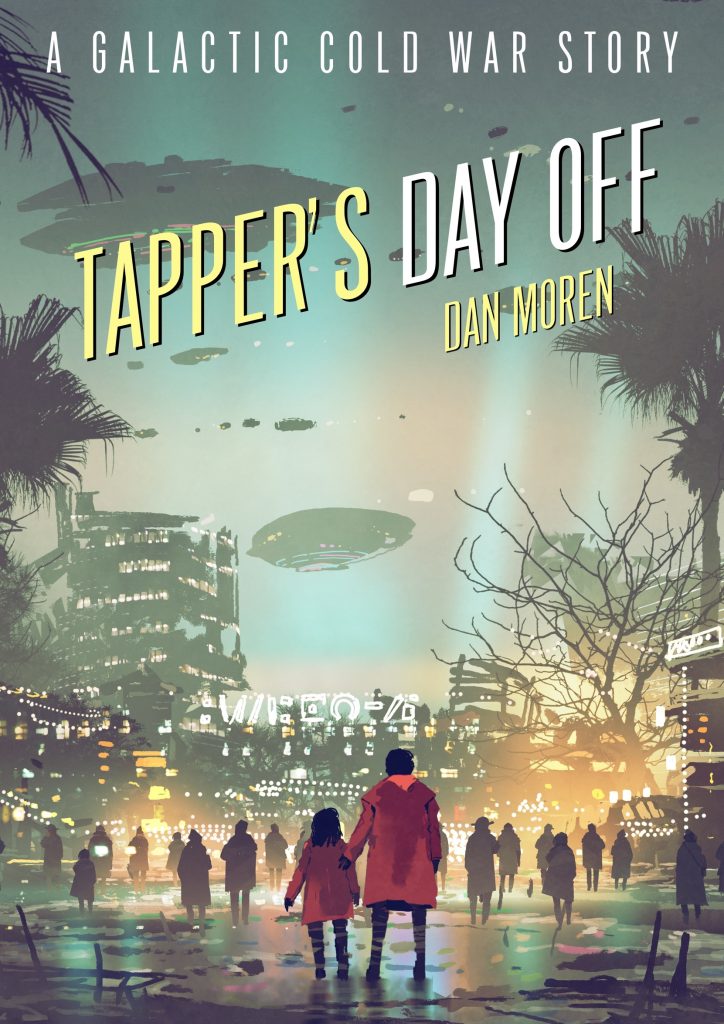

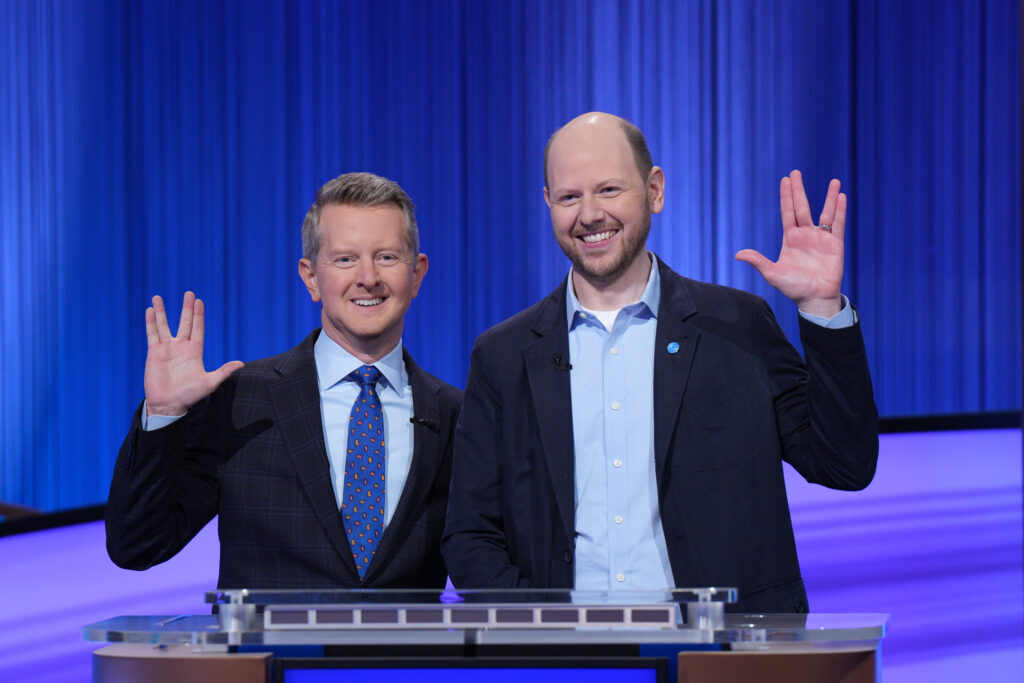





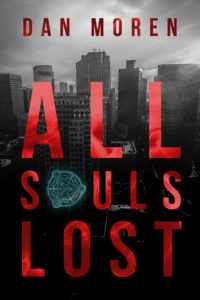
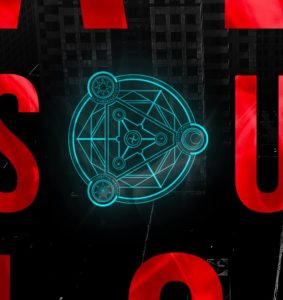 I’m going to give myself a finally on this one.
I’m going to give myself a finally on this one.